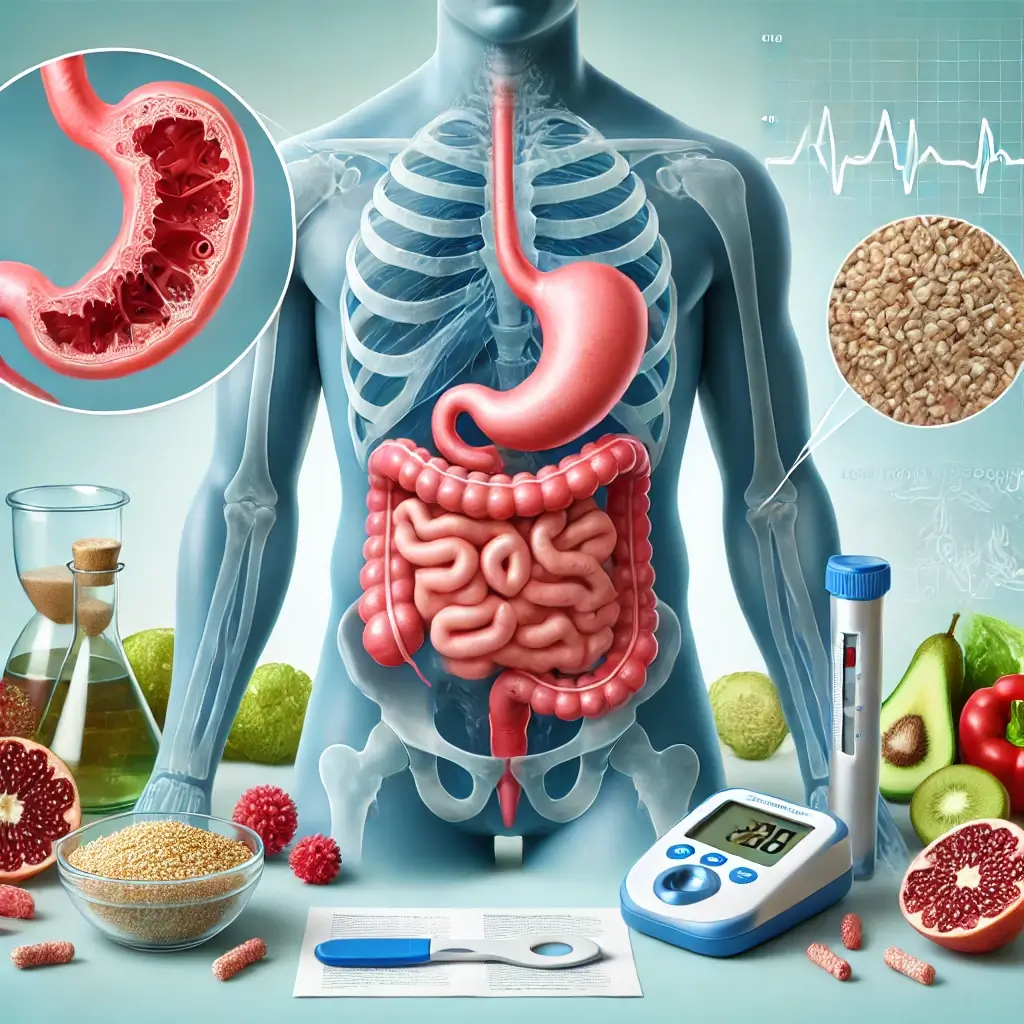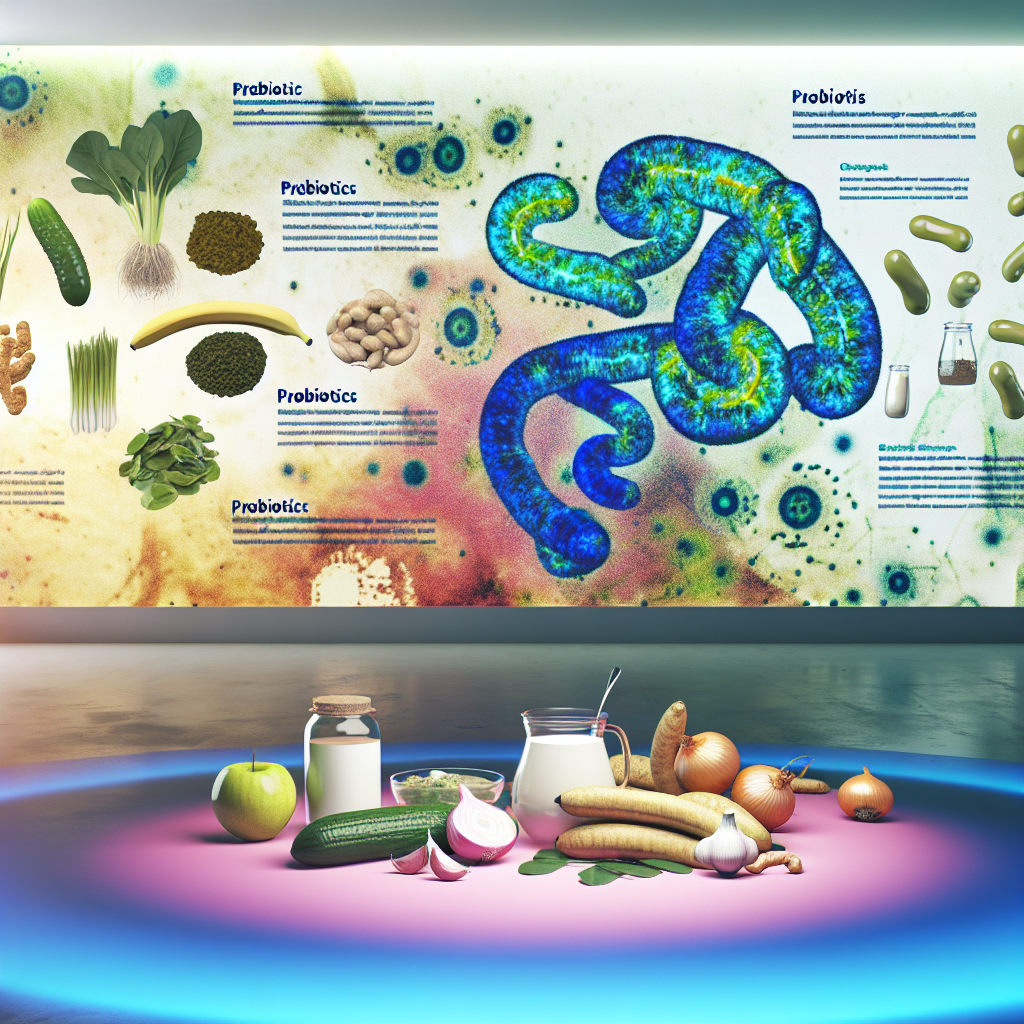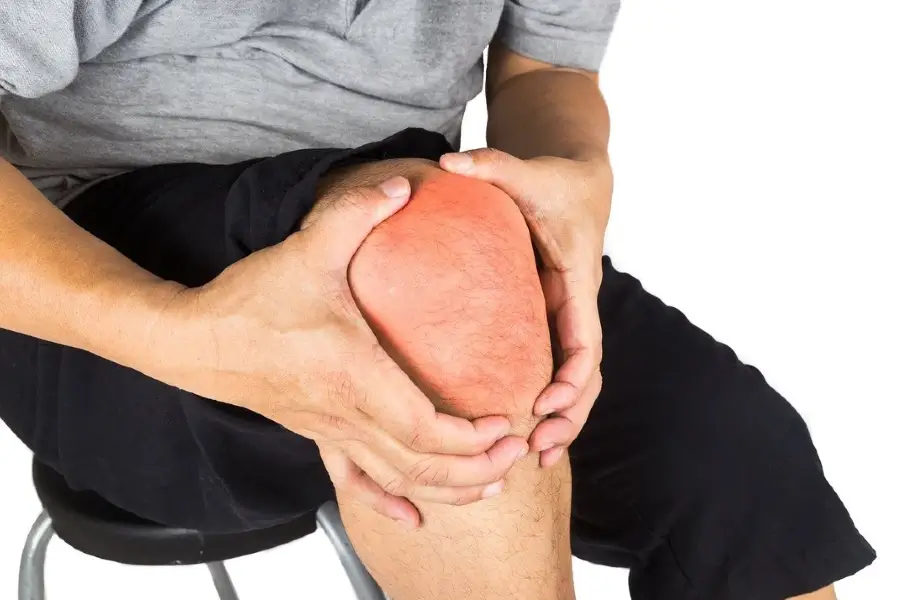Understanding the Human Gut Ecosystem and SIBO
The human gut is a complex ecosystem, teeming with bacteria that play essential roles in digestion, immunity, and overall health. However, when this intricate system is disrupted, it can lead to disorders such as Small Intestinal Bacterial Overgrowth (SIBO). SIBO occurs when bacteria that typically reside in the large intestine proliferate in the small intestine, where their population should remain minimal. This overgrowth can disrupt digestion, impair nutrient absorption, and cause symptoms ranging from bloating and abdominal pain to fatigue and nutrient deficiencies.
The Challenge of SIBO Diagnosis
SIBO is often overlooked or misdiagnosed due to its symptom overlap with other gastrointestinal conditions such as Irritable Bowel Syndrome (IBS) and Inflammatory Bowel Disease (IBD). Emerging research indicates that SIBO is a significant contributor to chronic digestive distress, affecting a broad spectrum of individuals, from those with structural abnormalities in the gastrointestinal tract to those with metabolic disorders such as diabetes. This article explores the causes, symptoms, and treatment options for SIBO, drawing on current research and practical strategies for restoring digestive balance.
Research and Current Understanding of SIBO
Several factors can predispose individuals to SIBO, including impaired gut motility, structural abnormalities, and metabolic conditions. A 2020 study published in Gut Microbes found that slowed transit of food through the small intestine significantly increases the risk of bacterial overgrowth. This is commonly observed in conditions such as gastroparesis and scleroderma. Similarly, anatomical anomalies like diverticula or adhesions from surgery create pockets where bacteria can thrive.
Impact of Stomach Acid on SIBO Development
Low stomach acid production, often resulting from long-term use of proton pump inhibitors (PPIs), is another significant risk factor. Stomach acid acts as a natural barrier, preventing excessive bacterial growth. Research in The American Journal of Gastroenterology in 2021 highlighted a higher prevalence of SIBO among chronic PPI users, raising concerns about their widespread use without adequate monitoring.
Challenges in SIBO Diagnosis
Diagnosing SIBO is challenging due to its nonspecific symptoms and the lack of a single definitive test. Breath tests measuring hydrogen and methane gases produced by bacteria in the small intestine are widely used. However, these tests are not foolproof. A 2022 review in Clinical Gastroenterology and Hepatology recommended combining breath tests with clinical evaluation and other diagnostic tools, such as imaging and stool analyses, for improved accuracy.
Emerging Diagnostic Methods
Another emerging diagnostic approach involves analyzing volatile organic compounds (VOCs) in exhaled breath, which may provide a more detailed microbial fingerprint. Early studies suggest this technique could revolutionize SIBO diagnosis by offering greater sensitivity and specificity.
Treatment Approaches for SIBO
The primary goal in treating SIBO is to reduce bacterial overgrowth, address symptoms, and prevent recurrence. Antibiotics such as Rifaximin remain the cornerstone of treatment, particularly for hydrogen-dominant SIBO. For methane-dominant SIBO, a combination of Rifaximin and Neomycin has shown efficacy in reducing symptoms (Rezaie et al., 2017).
Dietary Management Strategies
Dietary modifications such as the low-FODMAP diet are increasingly recommended to manage symptoms by limiting fermentable carbohydrates that bacteria feed on. While effective, this diet requires careful implementation under the guidance of a registered dietitian to avoid nutritional deficiencies.
Role of Probiotics in SIBO Treatment
Probiotics have shown mixed results in SIBO management. A 2023 study in Alimentary Pharmacology & Therapeutics suggested that specific probiotic strains such as Bifidobacterium infantis may support gut motility and reduce inflammation, offering a complementary approach to traditional treatments.
Long-term Management and Prevention Strategies
SIBO recurrence is common, making long-term management crucial. Addressing underlying conditions, such as diabetes or hypothyroidism, is key to preventing future overgrowth. Incorporating lifestyle changes such as stress management and regular exercise supports overall gut health. Research in Nutrients (2022) emphasized the importance of maintaining a diet rich in fiber and diverse plant-based foods to promote a balanced gut microbiome.
Final Thoughts on SIBO Management
SIBO is a multifaceted condition that poses significant challenges in diagnosis and management. However, advances in research are shedding light on its mechanisms, enabling more targeted and effective treatments. A combination of medical therapies, dietary adjustments, and lifestyle modifications can help patients achieve symptom relief and prevent recurrence.
The Future of SIBO Treatment
The growing awareness of SIBO and its impact on digestive health underscores the need for proactive communication with healthcare providers. By staying informed about the latest diagnostic tools and treatment options, individuals can take charge of their digestive wellness. With a personalized and comprehensive approach, SIBO can be effectively managed, paving the way for restored balance and improved quality of life.
References
Rezaie, A., et al. (2017). Hydrogen and methane-based breath testing in gastrointestinal disorders: The North American consensus. The American Journal of Gastroenterology, 112(5), 775–784. https://doi.org/10.1038/ajg.2017.46
Gut Microbes. (2020). Slowed gut motility and its link to SIBO prevalence. https://www.tandfonline.com/
Clinical Gastroenterology and Hepatology. (2022). Advances in SIBO diagnostics. https://www.cghjournal.org/
Nutrients. (2022). Long-term dietary strategies for gut microbiome health. https://www.mdpi.com/
Alimentary Pharmacology & Therapeutics. (2023). Probiotic interventions for SIBO management. https://onlinelibrary.wiley.com/
The American Journal of Gastroenterology. (2021). Risk of SIBO associated with chronic PPI use. https://journals.lww.com/ajg





